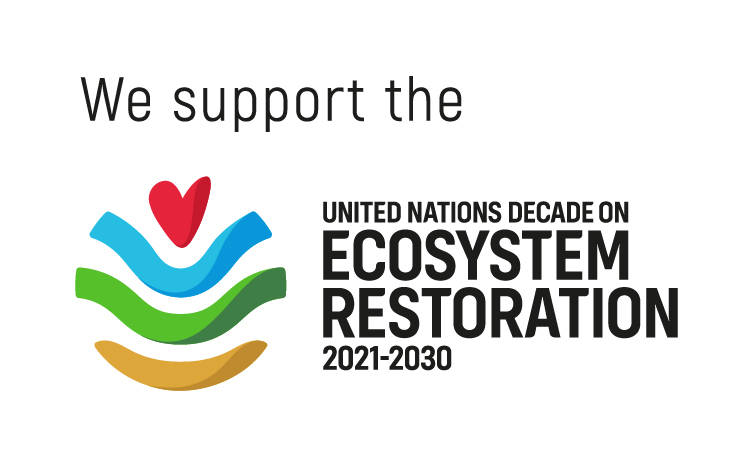Trees for Himalayan Biodiversity
Shimla, Himachal Pradesh, India
Project Purpose
Trees for Rural Communities™Location

15,000 mixed-local trees are being planted on the reserve forest land in village Doi of tehsil Rampur within the administrative district of Shimla, Himachal Pradesh.

Enhancement of
Biodiversity

Carbon Sequestration

Increase in
Green Cover

Generation of
Rural Employment

Control Soil Erosion






Why Trees?
44.14% of the total geographical area within the administrative district of Shimla is under forest cover as per the recent FSI report. According to the report (2013-14) from the state Forest Department of Himachal Pradesh, 9884 hectares of land is available for plantation activities. The majority of local population lives in villages and shows high dependency on forest resources for their daily needs. According to the study conducted by Dr. Madhu Verma, the direct consumption benefits accrued from the forests of Himachal Pradesh in the shape of salvage, fuels, fodder, minor forest produce etc. are worth about Rs. 1083 crores per annum.
The identified planting location covers the Doi village range. As per 2019 stats, the total geographical area of village is 182.47 hectares. Doi has a total population of 421 peoples. There are about 105 houses in Doi village. According to the Daily forest fire report for the year 2016-17, 9 cases were reported within the forest ranges of Shimla, affecting over 177 hectares of land.
Taking an integrated development approach, the state government notified the participatory forest management in 2001 with the objectives of involving the Panchayats, community organisations, and other stakeholders in the management of the forests. In 2005, the State’s forest department issued a new sector policy and strategy. The new policy builds on the concepts from the participatory forest management notification and introduces a forest sector policy which encompasses the entire biophysical and environmental components of forests. The new policy is directed at balancing the needs of the local people and environmental concerns. Further, growing local forests, pasture and firewood can contribute to the local economy.
The tree plantation project also endeavors to motivate communities to plant more trees and encourage several green slogans from the state administration like- Sanjha Van- Sanjivani Van, Apna Van- Apna Dhan, Van Sarovar, etc.
Social Impact
The local trees planted in the area will improve the ecology, by checking soil erosion and improving the water holding capacity of the soil in the sub-tropical climate. The plantation of mixed species will balance the nutrients absorbed from the soil, maintaining the organic content, thus, preventing the soil from desertification. The plantation of the right local tree species can be an effective way to address the socio-environmental challenge by reclaiming wasteland and converting degraded lands into forests. Locals' dependency on the dwindling forest resources can be reduced with improved products from the trees and fodder for livestock. Enhanced forest areas will help to rehabilitate key wildlife habitats, thus, opening prospects for several nature-based alternative sustainable livelihood options to the locals. Plantation of 15,000 trees is expected to create about 1,200 workdays for the communities with household-level participation in implementing and monitoring of the project. These trees will offset 300,000 Kgs of atmospheric Carbon annually upon maturity, helping decarbonize the atmosphere and help fight against global warming.









